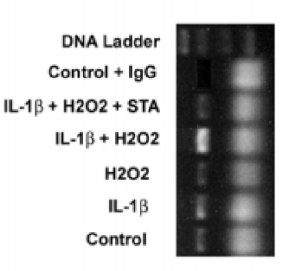An author is prepared to sue Elsevier if it doesn’t un-retract his paper.
Computational Materials Science published two papers by the same author just eight months apart; nearly four years later, the journal pulled one for duplication. Author Masoud Panjepour, affiliated with Isfahan University of Technology in Iran, told us that he is working with a lawyer to negotiate a solution. However, if the publisher does not un-retract the paper, he does “not rule out filing a lawsuit.”
Here’s the retraction notice for “The effect of temperature on the grain growth of nanocrystalline metals and its simulation by molecular dynamics method,” which appeared last November:
Continue reading Author threatens to sue Elsevier if paper remains retracted

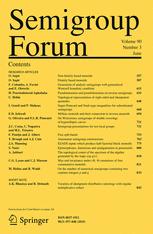

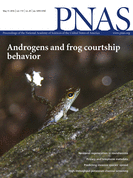

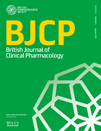
 After PLOS ONE allowed authors to remove a dataset from a paper on chronic fatigue syndrome, the editors are now “discussing the matter” with the researchers, given the journal’s requirements about data availability.
After PLOS ONE allowed authors to remove a dataset from a paper on chronic fatigue syndrome, the editors are now “discussing the matter” with the researchers, given the journal’s requirements about data availability.
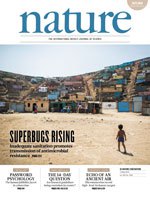 If you need evidence of the value of transparency in science, check out a pair of recent corrections in the structural biology literature.
If you need evidence of the value of transparency in science, check out a pair of recent corrections in the structural biology literature.